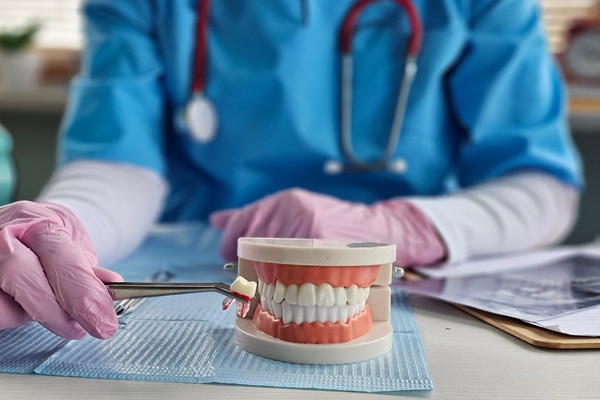How to Prepare for a Root Canal Treatment

Getting a root canal may seem to be a daunting task to most, as there are numerous rumors about root canals being a painful procedure. However, contrary to popular belief, when done right, a root canal should be a totally painless procedure and nothing to be scared of.
Root canals are designed to alleviate pain, restore the health of a tooth and prevent the need for an extraction. When preparing for a root canal, it is important to understand exactly what the procedure is. The pulp chamber of every tooth contains the pulp. These are the blood vessels and nerve of the tooth. An infection within the pulp can indeed lead to pain. Infections may be a result of decay deep in the tooth or a crack or chip on the surface.
During a root canal treatment, an infected pulp is painlessly removed, and the tooth is cleaned, disinfected and then filled and sealed with a material rubber-like material called gutta-percha. Afterward, a filling or crown is placed over the tooth to shield it from irritants in the mouth and restore its function.
Although the procedure is painless, it is still best to prepare before heading to your dentist, to make sure the process and the recovery is as comfortable as possible.
Preparing for a root canal
1. Avoid alcohol and tobacco for a full 24 hours before the procedure
During the procedure, the dentist will inject the gums with a local anesthetic, and it may have an adverse reaction to tobacco and alcohol.
2. Eat before the procedure
Since an anesthetic will be injected into the gums during the procedure, the patient's mouth may feel numb hours afterward, making it difficult to eat, so unless the patient is told not to by the dentist, eating a couple hours before the procedure will make the recovery much more comfortable.
3. Take a painkiller before the procedure
Most dentists advise their patients to take ibuprofen a few hours before the treatment starts. Ibuprofen is an anti-inflammatory pain reliever that will help ease any swelling that may occur.
4. Ask questions
There is no such thing as too many questions when at a dentist's office. It is important to understand the entire procedure and what exactly is happening as a whole. It is also important to ask what type of foods can be eaten after the procedure.
5. Get a full night's sleep before and after
The human body recovers the most when at rest. Most of the "repairs" are done while a person is asleep, so make sure you get a lot of sleep to make the recovery from the procedure as smooth as possible.
Despite all the rumors and tall tales, root canal procedures are an effective way to save a tooth and restore its function. If you are wary about getting a root canal, fear not, as it is a painless procedure, especially when you are prepared for it.
Request an appointment here: https://www.scmountaindental.com or call Brent C. Lay, DDS at (408) 500-0813 for an appointment in our Los Gatos office.
Check out what others are saying about our dental services on Yelp: Root Canal Treatment.
Recent Posts
Finding out that you need a root canal can be nerve-racking. Caring for the treated tooth can be even more stressful. Knowing what to do after the treatment can help you prepare well for it. Here are some tips for a smooth and quick recovery after your root canal.The patient must wait to eat as…
A root canal procedure is a type of dental treatment in which they remove the infected or decayed pulp in the root of a tooth to prevent the spread of an infection and preserve the long-term health of the tooth. It is helpful to understand the process dentists use during a root canal procedure to…
A root canal is a restorative procedure that can save a tooth from severe infection. If you are experiencing extreme pain in your mouth, you may need this treatment. This is no process to dread despite what you have heard about it. Your dentist will take great care to make you feel at ease. Do…
A preventative dentistry question people commonly have is, "what stains teeth the most?" We will look at some of the foods and beverages that are teeth staining to help you avoid these and keep a white smile longer. There are lots of different foods that can stain teeth. Some are well known and obvious. Blueberries, for…


